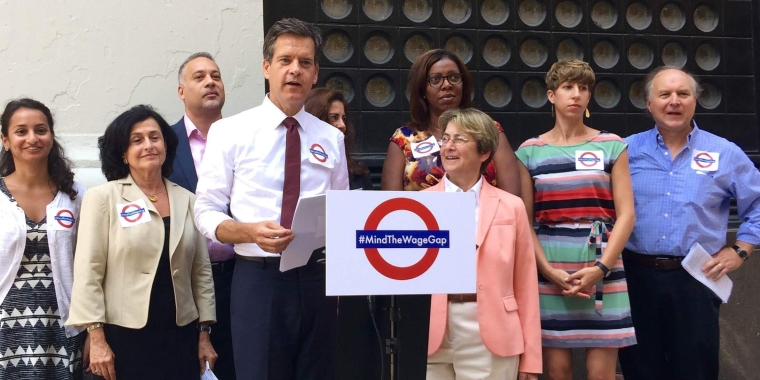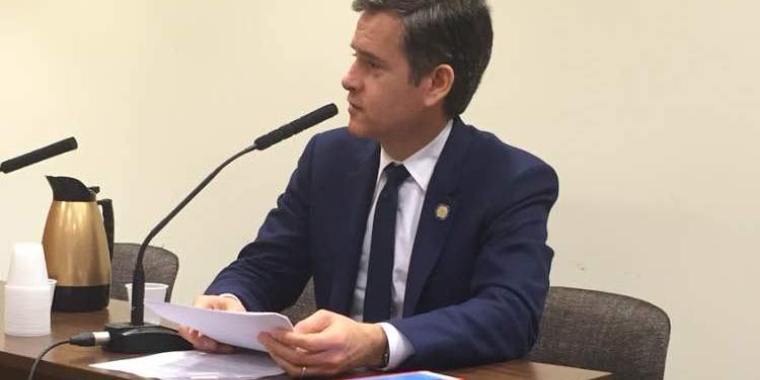
HOYLMAN AND GLICK CALL ON STATE LAWMAKERS TO PASS LEGISLATION TO CLOSE GENDER WAGE GAP IN RECOGNITION OF EQUAL PAY DAY
April 12, 2016
-
ISSUE:
- Women's Equality Agenda

In honor of Equal Pay Day we believe lawmakers in Albany should act swiftly to make equal pay for equal work a reality throughout the Empire State.”
NEW YORK – In recognition of Equal Pay Day, State Senator Brad Hoylman (D-Manhattan) and Assemblymember Deborah Glick (D-Manhattan) released the following joint statement today urging lawmakers in Albany to pass legislation they carry that would utilize New York State’s contracting authority to eliminate wage disparities across the state.
“Even when controlling for education, race, and age, women who work full time are paid just 79 cents for every dollar men make on average. The gap is even more pronounced for women of color. Moreover, a recent study by the Institute for Women's Policy Research concluded that, based on current wage growth, the gap will not close until 2058.
“Wage discrimination sends a message that women are worth less than men and that businesses are free to cheat their workers. But we can’t fix what we cannot see. New York must take action to hold state contractors accountable and ensure our tax dollars are being used in accordance with both state law and our shared notion of fairness. In honor of Equal Pay Day we believe lawmakers in Albany should act swiftly to make equal pay for equal work a reality throughout the Empire State.”
Introduced in September of 2015, the Hoylman/Glick bill (S.6059/A8487) would require companies with 100 or more employees seeking to do business with the state to publicly report their wage gap based on gender, race and ethnicity. By establishing categorical disclosure of employee compensation as a condition for winning state contracts, the legislation -- based on similar rules governing federal contractors -- would build on existing law by requiring affirmative disclosure of wage gaps and incentivize companies to take internal steps to establish equitable pay practices. To protect employee privacy and proprietary information, the reports, while public, would not include actual individual compensation, total number of hours worked, or mean hourly wages.
related legislation
Share this Article or Press Release
Newsroom
Go to NewsroomSupporting a Rent Freeze for Rent-Controlled Tenants
December 17, 2015



Elected Officials Call for Changes to NYCHA Parking Rate Hike
December 14, 2015
